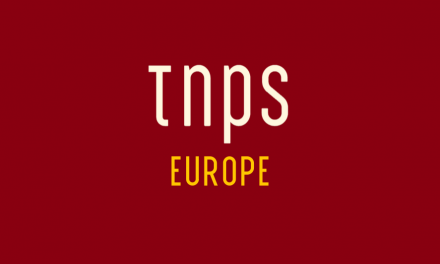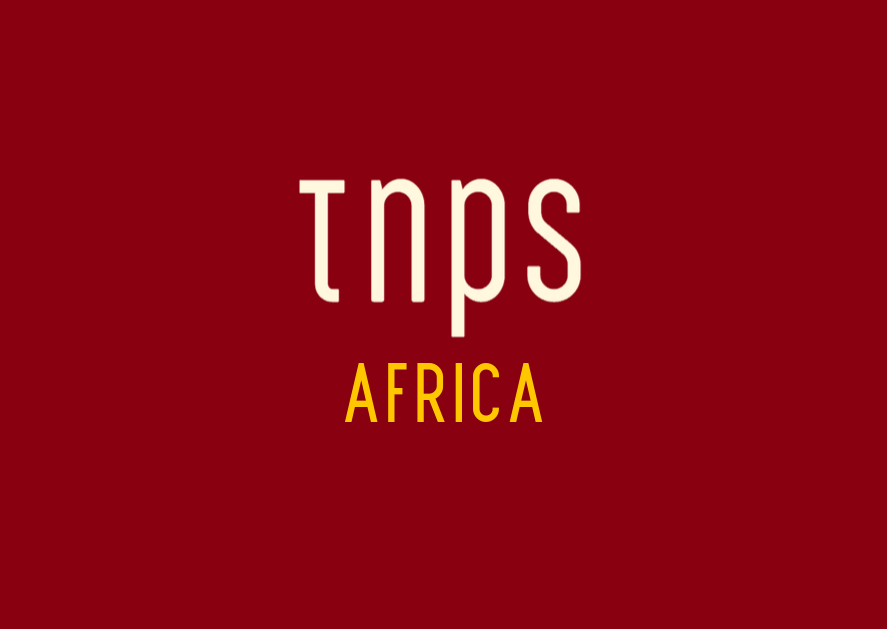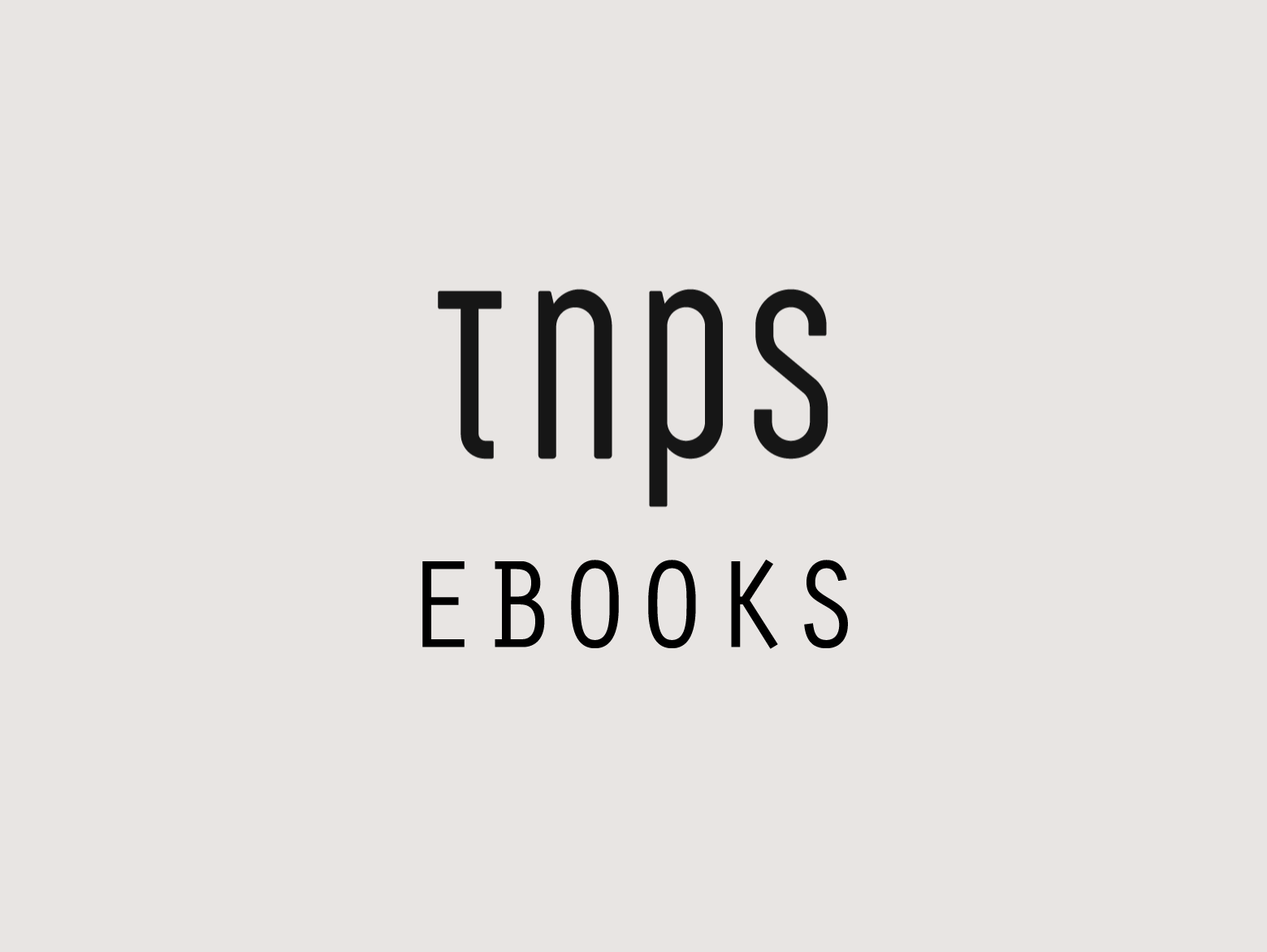It’s a funny old world. Publishing is supposedly on its knees, decimated by digital, attention spans are supposedly shortening by the day and no-one reads any more, and video streaming and other distractions are wiping out any vestige of hope that literature might still be around next weekend.
Meanwhile books continue to sell, publishers continue to report profits, and poetry books are the new black.
As reported here a few days ago, the so-called Instagram poets (poets with a significant online following, not just on Instagram but on sites like Tumblr, etc), have been inconsiderately outselling the likes of Margaret Atwood and John Grisham.
But it’s not just in the US that Instagram poets like Rupi Kaur are storming the charts. Says the UK’s Guardian,
Forget page-turners and celebrity memoirs, Brits have rekindled their love of verse. More than a million poetry books were sold in the last year, the highest number on record, as the popularity of social media sensations such as Rupi Kaur continues to reinvigorate the art form. Sales are up 13%, to £10.5m, according to figures from Nielsen Book Research.
Reinvigorated art-form?
I prefer to call it the Global New Renaissance. Because digital is reinvigorating all art forms, not just literature, breathing new life and new spirit into existing arts and creating new means of expression, new formats and new ways to deliver content, often to consumers who had no idea they were interested.
The so called Instagram poets are a fine example. No-one, but no-one, could have predicted the rise of poetry on Instagram ten years ago for the simple reason Instagram didn’t exist.
Likewise no-one could have predicted the phenomenal popularity of smartphone microfiction in India or the comics boom in Africa or audio-comics in France, or…
The Guardian quotes Chris McCabe, who runs the poetry library at London’s Southbank Centre, as saying
I’ve heard someone describe it as fidget spinner poetry. But it’s bringing lots of people to poetry who might otherwise never have engaged with it. And that’s a fantastic thing.
I second that.
The true beauty of the Global New Renaissance is the way in which consumers, for want of a better word, are being enabled to discover art forms, including literature, that just a few years ago they would likely never have encountered.
The Southbank Centre poetry library has seen footfall increase 20% thanks to the Instagram poets.
McCabe explained,
Thanks to social media we don’t rely on a critical interpretation of poetry to tell us what’s good any more. It’s the end of centuries of white-male dominated verse – and that’s a real breakthrough.
But the real excitement lies beyond Instagram.
The Guardian quotes this year’s Somerset Maugham award winner Melissa Lee-Houghton as saying,
Poetry now appeals to a very wide audience of young people who didn’t think poetry was cool before. Now it’s the coolest thing. Any night of the week in London and in cities across Britain you can go to spoken word open mic events. Anybody can go up and read something. It’s become more of a community thing.
But if it sounds like a wonderful time to be a poet, ponder this parting thought from Rupi Kaur herself, saying she felt “very, very unhappy” thanks to the weight of expectation for the second book.
It feels like you’re on a train and it won’t stop and everyone’s saying: oh my God, make sure you take a minute to take it all in. But I feel like I don’t even have a minute.




